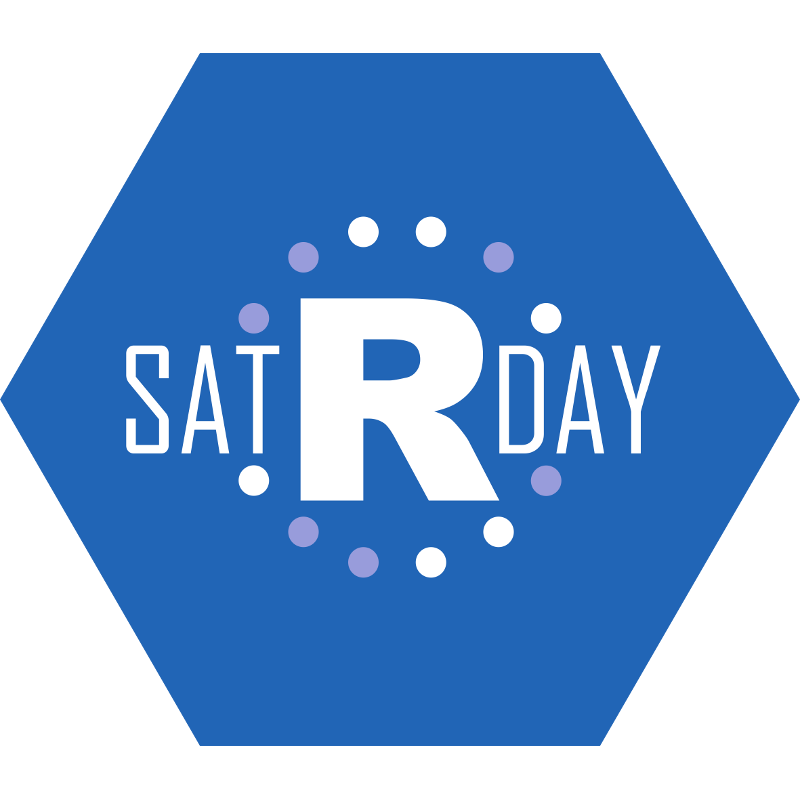
To see details for satRday 2019 visit joburg2019.satrdays.org

The R community and some of South Africa's most forward thinking companies have come together to bring satRday back to Cape Town. This conference provides an opportunity to hear from and network with top Researchers, Data Scientists and Developers from the R community in South Africa and beyond.
Some pictures from Cape Town's second satRday in March 2018.
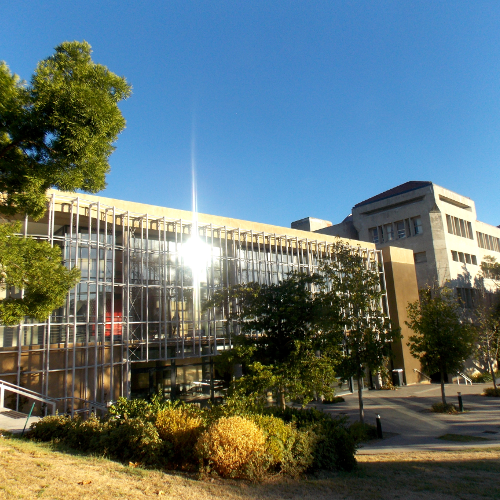
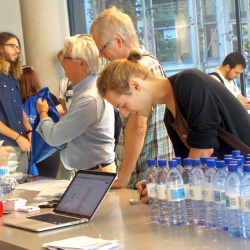
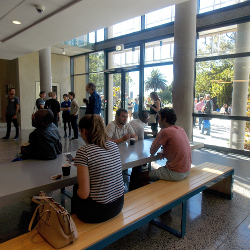
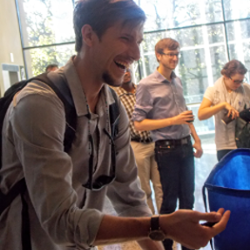
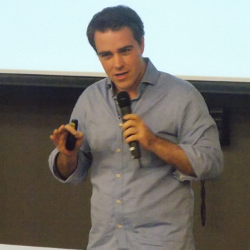
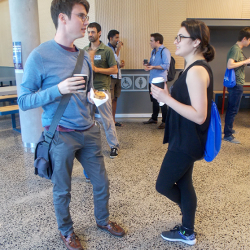
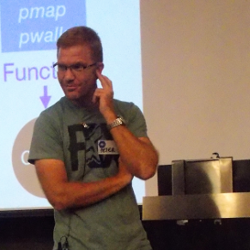
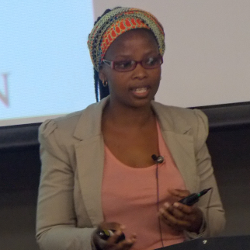
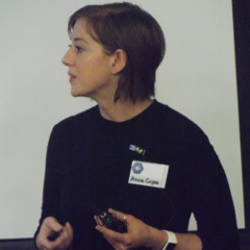
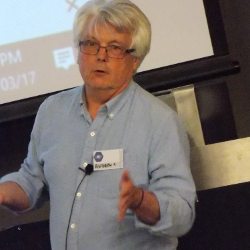
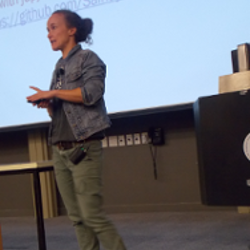
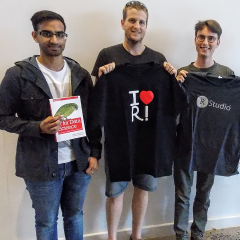
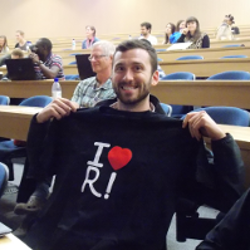
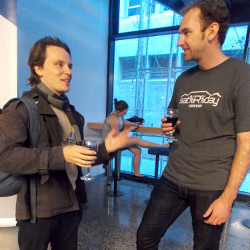
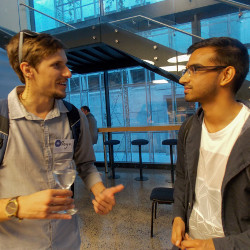
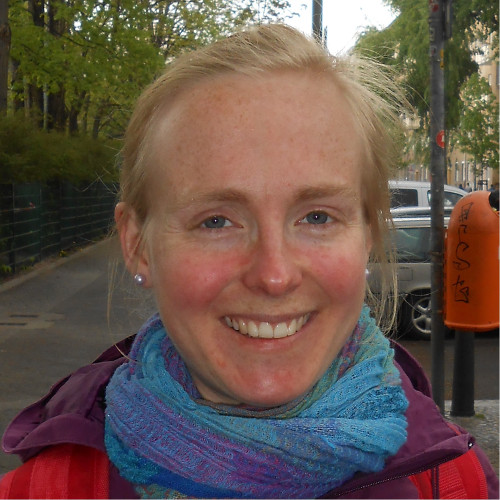
Maëlle is a data scientist with experience mostly in public health, both in infectious disease and environmental epidemiology. She holds a PhD in statistics from the Ludwig Maximilians University of Munich and has lived in several European countries. She is a very enthusiastic R user and loves sharing her passion, with involvement in the community including blogging, co-founding the R-Ladies Barcelona meetup, package development and being a co-editor at rOpenSci, providing an onboarding system for R package developers.
A blog post that Maëlle wrote about her experience at satRday (Cape Town) 2018.
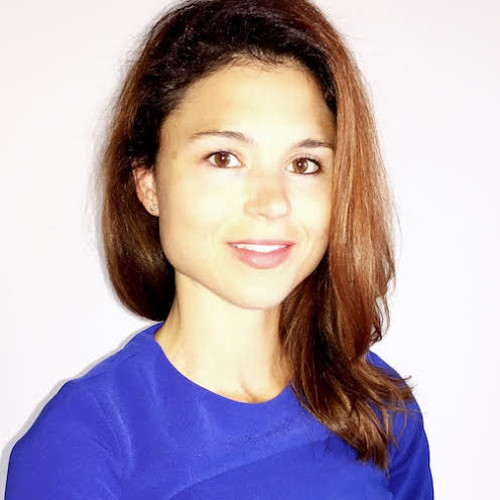
Dr. Stephanie Kovalchik is the lead data scientist in the Game Insight Group at Tennis Australia, the governing body of tennis in Australia, and a Research Fellow in sports analytics at the Institute of Sport, Exercise and Active Living at Victoria University. Her research focuses on the use of statistical methods to understand performance, game strategy, and mentality in high-performance tennis. Stephanie received her PhD in statistics from UCLA and her Bachelor’s of Science from Caltech. Stephanie is an avid R user and the author of several packages, including RISmed (an R interface to NCBI databases) and deuce (a package for tennis analytics). She is also the creator of the tennis analytics blog On the T and regularly writes about tennis there and on Twitter.
A blog post that Stephanie wrote about her experience at satRday (Cape Town) 2018.
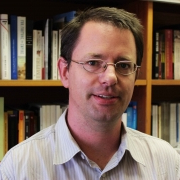
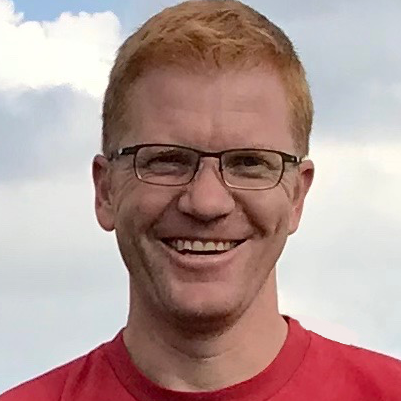
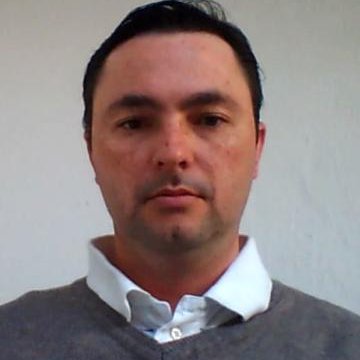
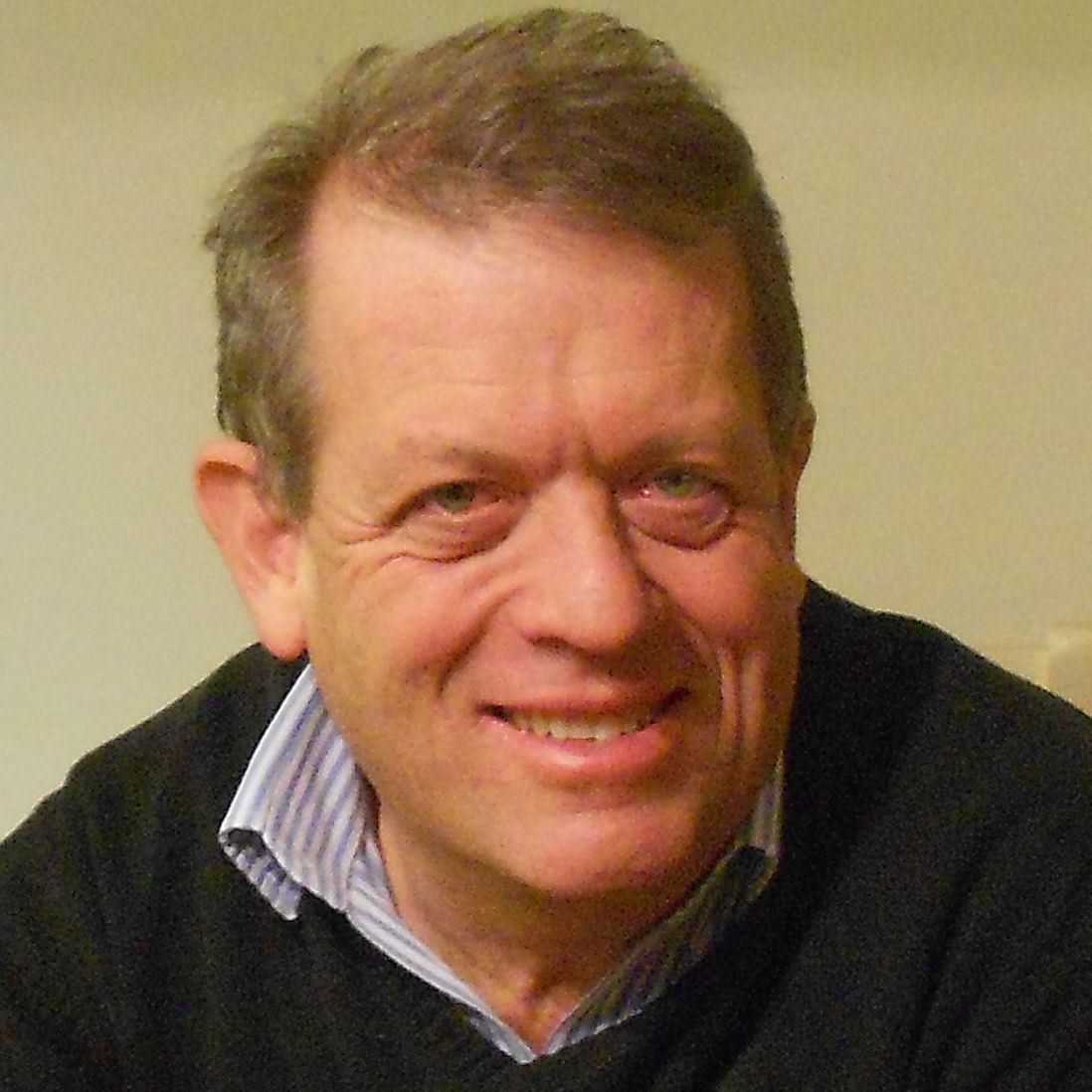
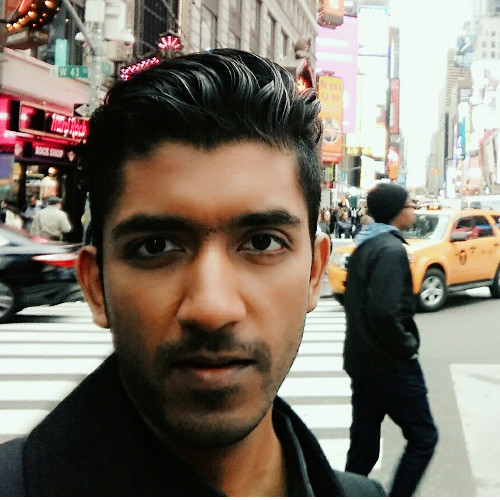
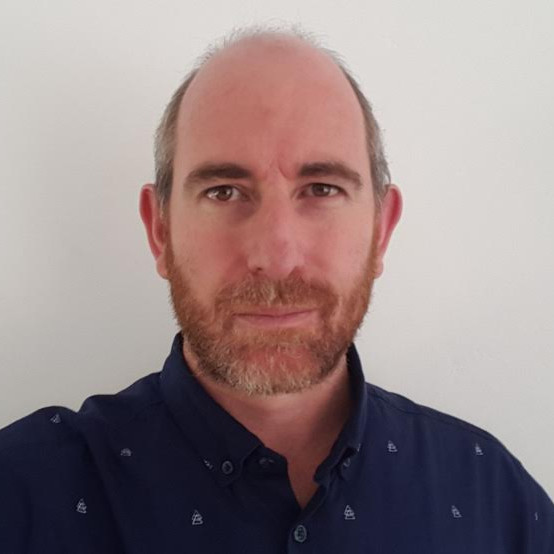
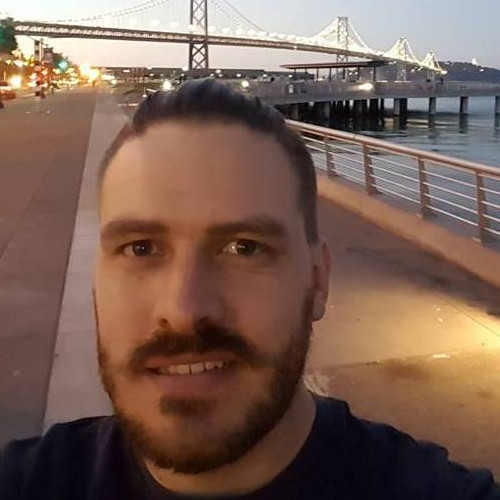
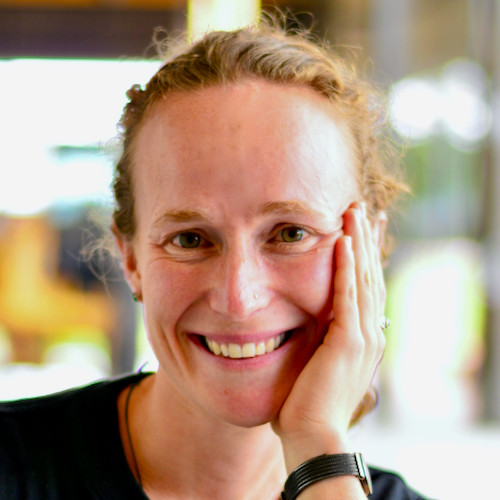
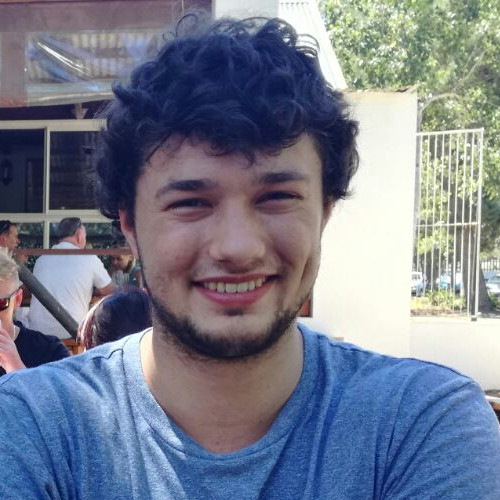
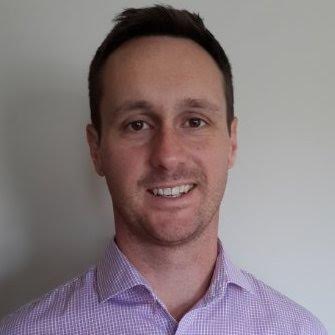
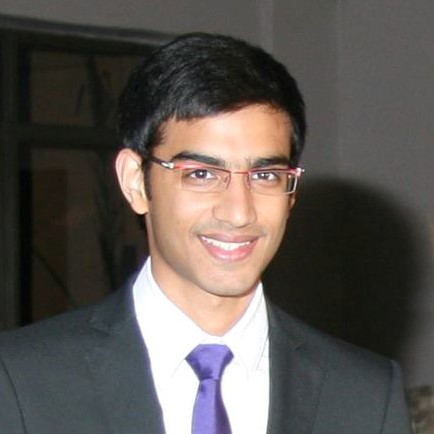
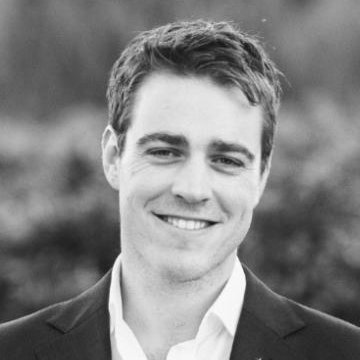
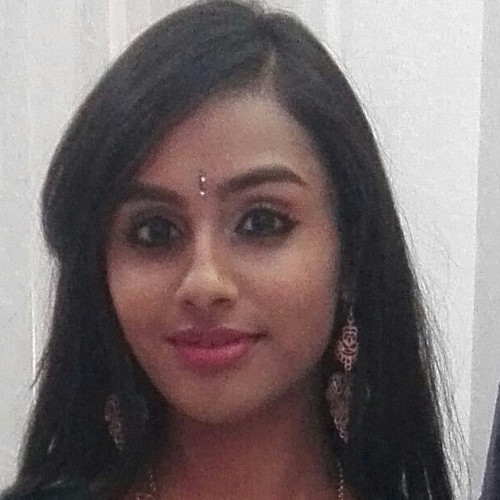
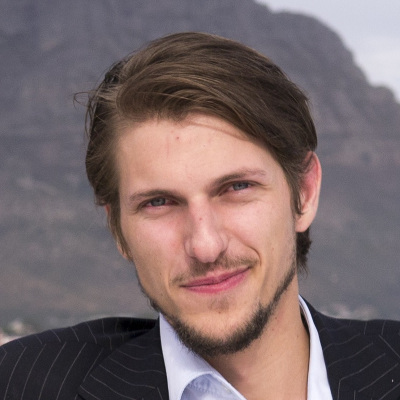
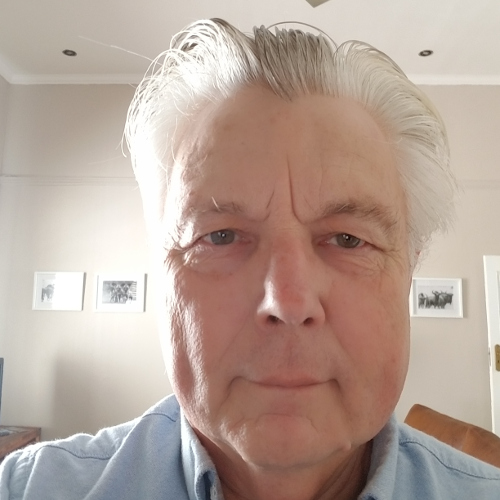
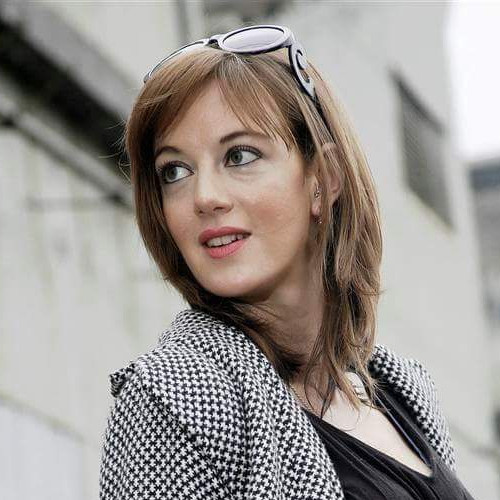
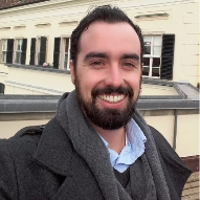
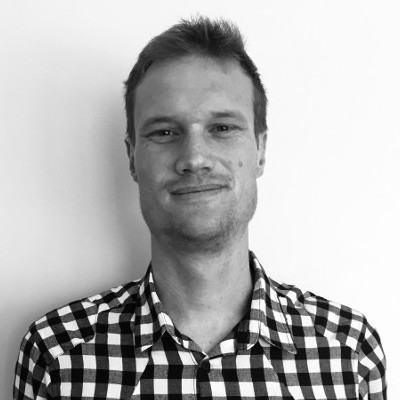
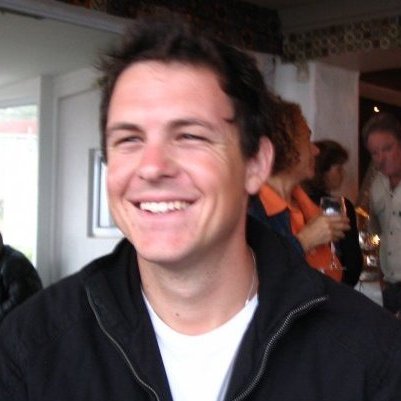
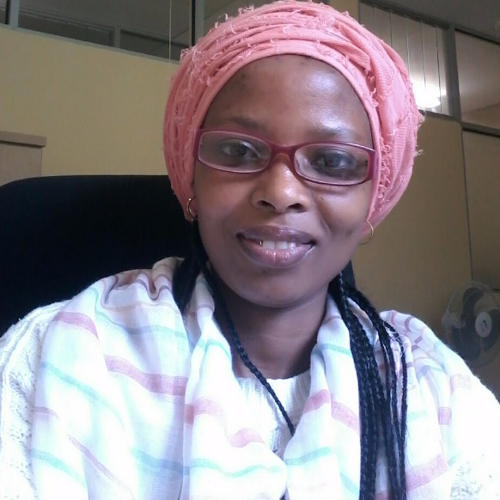
The satRday Cape Town conference will kick off on the 16th of March 2018 with a day of workshops held by our Keynote Speakers. Note that these will be full day workshops and will take place in parallel, so you'll have to choose between them!
This hands-on workshop will allow you to transform a bunch of R functions into an R package. You'll also learn how to make it usable and used! We'll assume you can write functions, and a basic familiarity with Git & GitHub.
Here is what we'll learn:
Attendees should bring a laptop with the latest versions of R and RStudio installed. Also bring your experience and questions about packages!
The workshop will cover a number of skills and statistical models that are common in sports statistics and show how each can be implemented in R. The workshop will introduce participants to a range of R packages and real sports examples will be used throughout. It will be very hands-on!
After completing this workshop, participants will be able to gather and clean public sports data more effectively, explore data with graphics, apply several common models used in sport, and share their sports statistics ideas through a blog. A brief outline of the workshop is given below.
Workshop Outline:
Further details and instructions will be sent to participants prior to the workshop.
This year we will offer a Data Carpentry workshop which will include R programming for novices. Data Carpentry workshops teach introductory computational skills needed for data management and analysis in all domains of research. For more information on syllabus and requirements please visit the workshop webpage.
The Data Carpentry Workshop will take place on the 15th and 16th March 2017. Note the workshop is sold out.
| More Info |
| Start | End | Friday 16 March 2018 |
|---|---|---|
| 8:30 | 9:00 | Registration |
| 9:00 | 10:30 | First Session |
| 10:30 | 11:00 |
Tea / Coffee
|
| 11:00 | 12:30 |
Second Session
|
| 12:30 | 13:30 |
Lunch
|
| 13:30 | 15:00 | Third Session |
| 15:00 | 15:30 |
Tea / Coffee
|
| 15:30 | 17:00 |
Fourth Session
|
Standard talks are 20 minutes and lightning () talks are a mere 5 minutes.
Click on the title for any talk to view the details.
Panel for Student Lightning Talk competition:
When: March 15, 6:00 PM to 8:30 PM.
Where: Bandwidth Barn,Woodstock Exchange, 66-68 Albert Road, Cape Town
Both satRday keynote speakers, Maëlle Salmon and Stephanie Kovalchik, are involved in R-Ladies. This is a worldwide organisation whose mission is to promote gender diversity in the R community, with chapters in cities all over the world.
The R-Ladies Cape Town chapter has invited Maëlle and Stephanie, as well as Marie Dussault from Pretoria, to come and meet their chapter. Maëlle, Stephanie and Marie have offered to give short presentations about creating blogs with R.
The event is primarily aimed at women (including all female-identifying people) but men are welcome provided they do not take a leadership role.
This meet-up will provide a great opportunity for all current and prospective R users to meet and chat with like minded people. We'd love to see you there, especially if this is your first R-Ladies event. This invite is still extended even if you aren't participating in satRday this year.
If you are interested attending similar events in the future please get in contact with us via our Meetup page or our Twitter account.
satRday is dedicated to providing a harassment-free and inclusive conference experience for all in attendance regardless of, but not limited to, gender, sexual orientation, disabilities, physical attributes, age, ethnicity, social standing, religion or political affiliation.
We do not tolerate harassment of participants (including organisers and vendors) in any form. Sexual innuendos and imagery are not appropriate for any conference venue, including presentations.
Anyone violating these rules may be given warning or expelled from the conference (without a refund) at the discretion of the conference organisers.
Our code of conduct/anti-harassment policy can be found here.
Situated on the slopes of Devil's Peak, the University of Cape Town (UCT) is South Africa's oldest university, and one of Africa's leading teaching and research institutions.
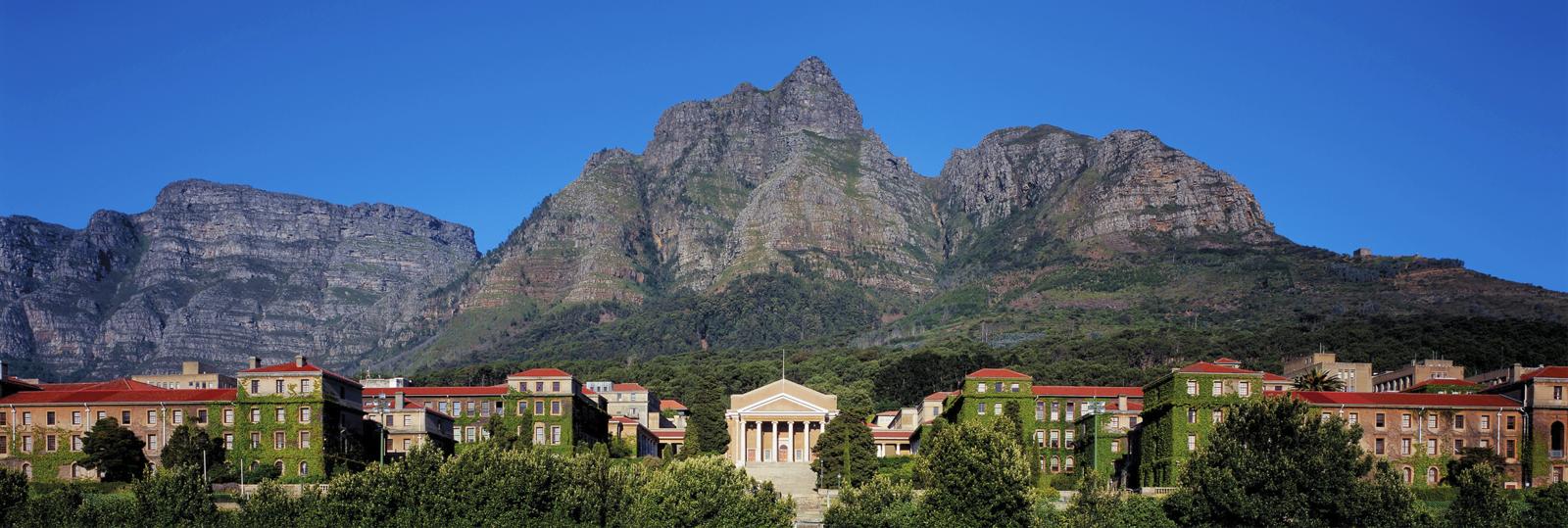
UCT's new lecture theatre, located at the southern end of University Avenue, is the largest venue on campus and the first to earn a four-star green rating.
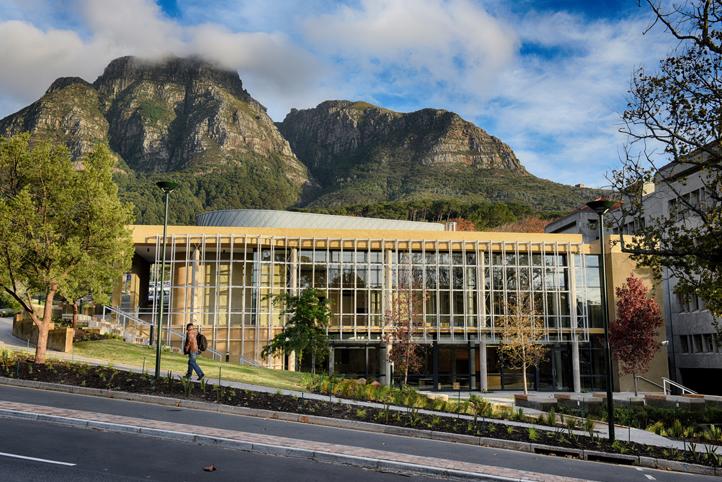
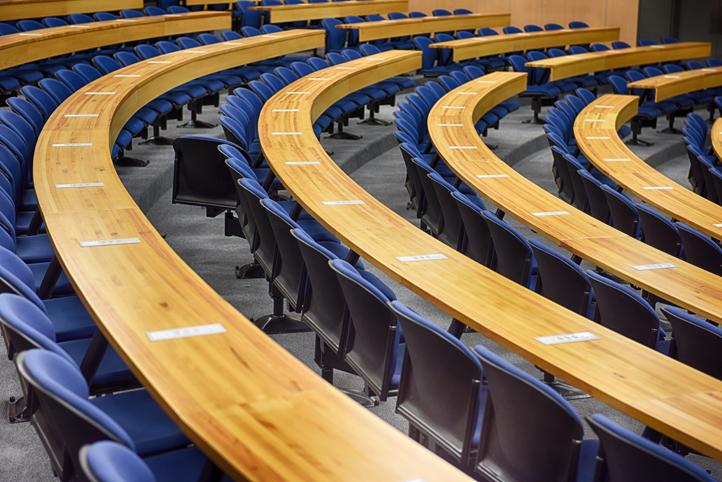
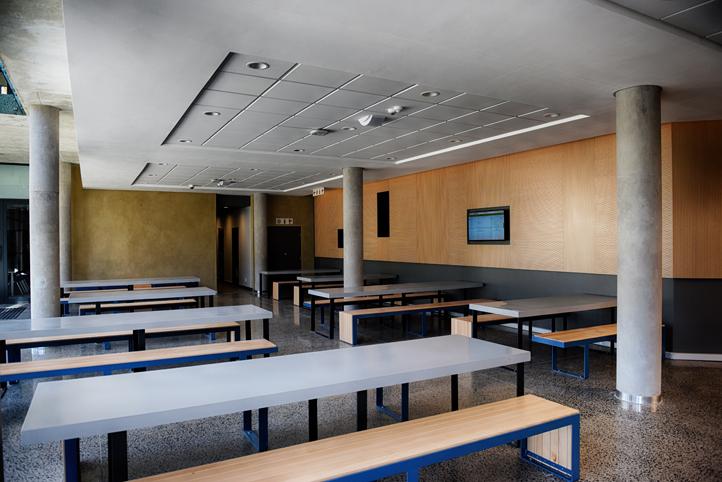
MAC Club, Barnard Fuller Building, UCT Health Sciences Campus
Sports Workshop:Ulwazi, Knowledge Commons, Chancellor Oppenheimer Library
Packages Workshop:Hlanganani Junction, Level 7, Chancellor Oppenheimer Library
satRday Conference:New Lecture Theatre, UCT Upper Campus (South side)
If you are not a UCT affiliate with a parking disc, you will need to get to UCT Upper Campus early (8am), and stop at the visitor’s centre (see above map) to get a visitor’s parking slip. Once received, you can drive the loop along the rugby field and up Madiba Circle, to find a visitor’s parking bay. The above map also shows where the library is situated and the red line indicates the direction you should enter from.
Both workshop venues are situated in the UCT Main Library (Chancellor Oppenheimer Library). Entrance to the Library is through the first building directly to the right of Jameson Hall (if you are facing the Hall) at the top of the Jammie stairs (located at the centre of Upper Campus).
If you are not a UCT affiliate, please tell security at the entrance to the library that you are attending an R workshop, and show them identification (ID/drivers license).
Once you enter the turnstiles, Ulwazi is directly to your right (straight across the Vincent Kolbe Knowledge Commons).
Hlanganani Junction is two floors directly above the entrance. As you enter the turnstiles take the stairs to your left and continue ascending three small flights until you notice the purple sign overhead, indicating Hlanganani Junction to your right.
Located in the heart of the Southern Suburbs, UCT is within easy reach of transport and accommodation.
A workshop pass gives you access to one of the workshops held by our Keynote Speakers. These full day workshops will be run in parallel on the 16th March 2018.
| Workshop Pass |
|
|---|---|
| 1 Day Workshop | |
| Lunch | |
| Networking breaks with refreshments provided | |
| Free 1 month trial for DataCamp |
The Conference Pass gives you access to South Africa's second satRday. Come and join us on the 17th March 2018 to meet with and hear from both local and international R enthusiasts!
| Conference Pass |
|
|---|---|
| Morning Tutorials | |
| All Conference Talks | |
| Lunch | |
| Networking breaks with refreshments provided | |
| Free 1 month trial for DataCamp |
Working up to the conference on 17 March 2018, these are the most important dates on your calendar:
| Event | Date |
|---|---|
| Data Carpentry Workshop | 2018-03-15/16 |
| satRday Workshops | 2018-03-16 |
| Conference | 2018-03-17 |
The Call for Papers is now closed. We received 39 submissions and we're currently putting together the technical programme.
What are the benefits of giving a presentation?
We thank our generous sponsors for supporting Cape Town satRday. Your financial help and commitment to the R community are greatly appreciated and essential to making this event possible!